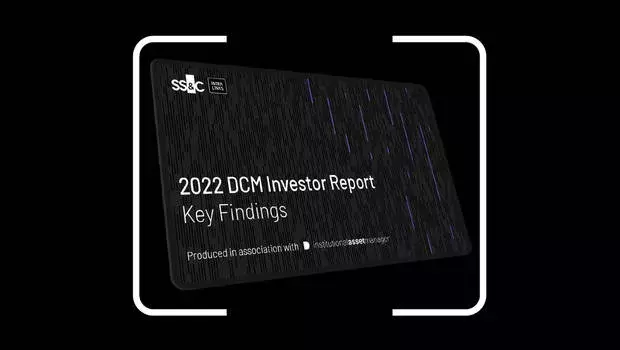It was great to catch up with Intralinks clients in person, mingle with more than 1,400 CRE professionals and pop into various panel discussions, breakout and networking sessions. The packed event provided a wealth of perspectives on current market conditions, sustainability, environmental, social and corporate governance (ESG) and the importance of technology. I came away with three key takeaways from the event.
1. Macro challenges are weighing heavily on CRE
Recent market volatility across all capital markets, inflation, rising interest rates and geopolitical turmoil, are headwinds for the CRE industry. Coming off a strong 2021 as well as a solid Q1, the industry has since seen a significant drop in deals in the CMBS space, amounting to about a 30 percent decline. And while there appears to be a fair amount of dry powder that investors are keen to put to work, many borrowers are taking a wait-and-see approach until markets stabilize. Meanwhile, CRE CLO issuance continues to outpace conduit CMBS — a trend continuing from 2021 — as CRE CLO managers are expected to clear warehouse lines to be able to issue new products. Conduit CMBS will likely still lag given borrowers’ preference for floating rate debt which gives them the flexibility to prepay.
2. ESG is (still) a hot topic, but there is much to learn
ESG has been a hot topic for a while now and received heightened emphasis at this year’s event with a full day three dedicated to a “Sustainability Summit.” ESG presents different challenges to different participants in CRE. There were interesting perspectives from issuers, borrowers and investors on topics such as affordable housing, green bond issuance, and establishing standards and methods to drive green initiatives in CRE. While there was no lack of insight on the topic, perhaps the most pressing concern was that there still needs to be much work and clarification is still needed on how to incorporate ESG principles into CRE transactions. One suggestion was commercial property assessed clean energy (C-PACE), a program for CRE borrowers to obtain financing for energy efficiency, renewable energy and other green energy upgrades. Also covered was affordable housing and improving it by encouraging borrower diversity, tenant advocacy, more renovations and new construction.
3. Technology is critical, in any type of market
An interesting panel discussion addressed the growth of technology and its impact on the real estate industry. Topics included providing a more efficient means of navigating the transactions around real estate for consumer borrowers and lenders as well as artificial intelligence (AI), harnessing a wealth of real estate data, algorithms to enhance credit analysis and making document sharing and transactions more efficient. It was pointed out that technology will become more critical and more adopted in this potentially persistent down market as it might be more reliable in terms of surfacing and helping to resolve problems within a particular company, transaction or property. In many of my conversations with clients, the ability to securely manage the flow of documents and provide a seamless and intuitive process when structuring a deal is paramount. Additionally, the protection of data and the threat of cyberattacks are always in the back of their minds.
The recurring theme through these various discussions seemed to be that technology is most beneficial when it improves processes and promotes equity and transparency so that all participants are empowered in their decision-making.
Conclusion
The concerning macro environment will likely continue to impact the CRE industry in the near term and put many CRE participants in a holding pattern with borrowers apprehensive about interest rates and investors concerned about volatility. However, despite a slowdown in CRE financing deals, there are still pockets of opportunity such as higher quality (“class A”) property types and products (e.g., CRE CLOs); CMBS which still provides higher beta compared to other fixed-income vehicles; and more interest in ESG-friendly investing.
CRE participants need to be agile in this uncertain economic environment, with many activities and transactions on hold, deal timelines extended or perhaps rushed to take advantage of a quick window of opportunity. Whichever the case, and whether issuance rebounds and/or new geopolitical events occur, borrowers and investors need to leverage technologies that facilitate efficient and holistic due diligence and provide state-of-the-art protection against elevated cybercrime and risk to sensitive deal information.





